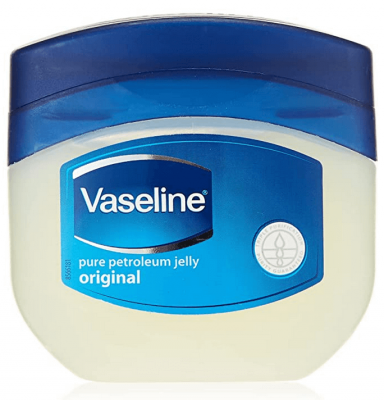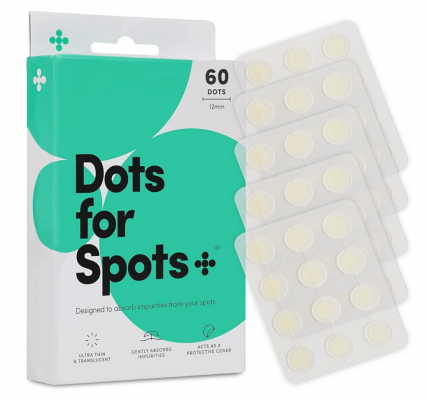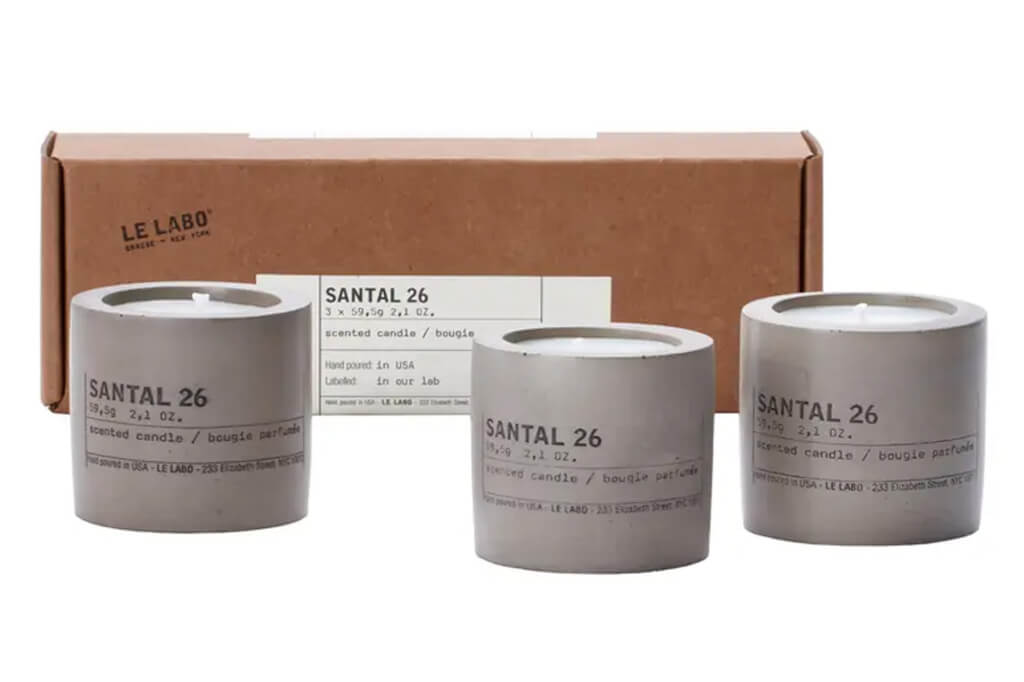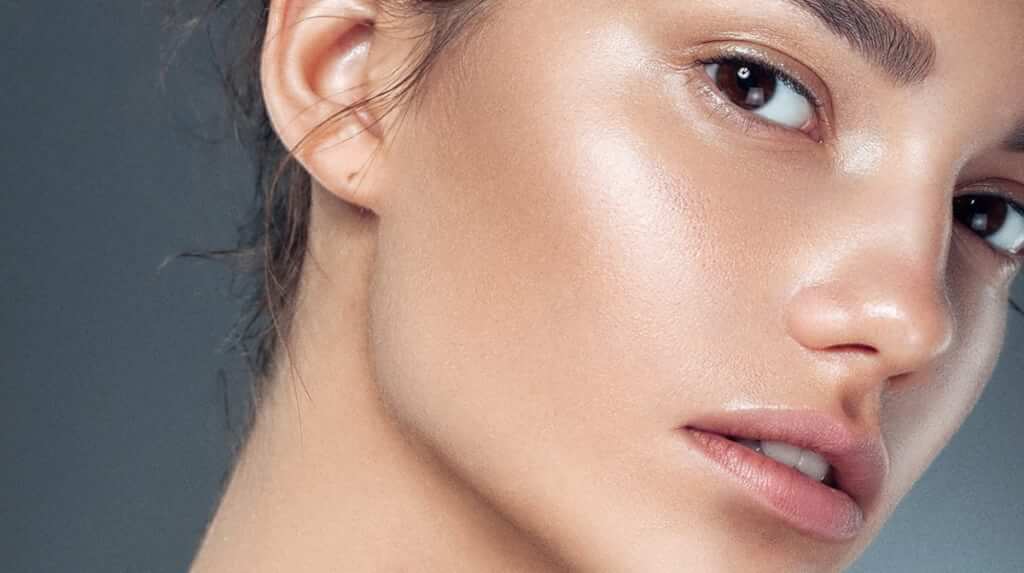How To Heal Acne Scabs: 6 Effective Tips & Products!
They told you not to do it, but you did it anyway. You popped a pimple. Now, instead of a white head littering your face, you are left with an unsightly scab that no amount of concealer can seem to mask.
The best remedy to treat acne scabs and similar skin conditions is to jump into your time ship and avoid the temptation ever to pop that pimple.
If your time ship is on the fritz, check out some of these tips below to help speed up the healing process!
Getting To Know Your Scabs
Your skin is smart, and it knows what it’s doing. Whenever you break your skin – a cut, scrape, or popped pimple – your skin forms a scab over the acne spot. Scabs act as a plug to prevent bacteria from entering the open wound to prevent infection.
It may be tempting to pick at that scab for better makeup coverage, but you need to resist that urge. Let your skin work its healing magic!
With proper acne treatment and care, you can expedite the healing process to reveal healthy skin underneath (as well as prevent permanent scarring).
How To Heal Acne Scabs Quickly
Your body takes, on average, between three to seven days to completely heal a scab. This can seem like an eternity, especially for scabs on your face.
While your body knows what to do to heal a scab, there are some home remedies and steps that you can take to speed up the healing process.
1. Keep Your Skin Moisturized.

Moisturized skin is healthy skin, and healthy skin heals much faster. Simple remedies like petroleum jelly or Vaseline help keep the affected area moist which will help your scab heal faster.
2. Keep It Clean.
Keeping your skin clean will prevent further irritation and help it heal faster. Wash your face with warm water (hot water will further cause dry skin), and gently pat it dry to avoid accidentally rubbing off your scabs.
3. Avoid Makeup.
You should never apply makeup to broken skin as a general rule. Makeup can further irritate your skin, and exposure to bacteria will slow down the healing process. Sure, your concealer may help cover the affected area for the day, but it will delay your healing.
A scab that could be gone in just three days may take up to a week if you continue to apply makeup and can even make it worse!
4. Try a hydrocolloid bandage.

Keeping your skin moist is a must, and a hydrocolloid bandage is a great way to retain moisture so your scabs heal quickly.
These skincare bandages help absorb fluids to create the perfect environment for scabs to heal.
Pop one of these bandages on a clean and dry face before going to bed and let it work its magic as you sleep.
5. Use a Warm Compress.
Applying a warm compress to your skin will help boost blood flow that expedites cell regeneration. You can opt for an over-the-counter drugstore compress or soak a washcloth in hot water and apply it directly to your face.
If you find that your scab is incredibly itchy, a warm compress will help eliminate much of your itchiness!
6. Don’t Touch It!
It’s like a big red button on your face begging you to pick it- but resist that urge! Picking or even scratching your scab will slow down the healing process and lead to inflammation or scarring.
If the temptation is too great, slap a band-aid on it and tell your friend you got into a bar fight.
What To Do If You Picked Your Scab
They told you not to pop your pimple, but you did it anyway. Then, they told you not to pick that pimple scab, and you did that too.
What now?
If you picked your scab before the healing process is complete, you’re starting from scratch. A new scab will form, and the clock resets.
It also means that it’s more likely that you will develop an acne scar that’s a little more tricky to treat than a scab.
Once the scab heals and you notice a scar, treating it with essential oils will help lighten it and make it less noticeable.
Tips for a blemish-free face
Sometimes, pimples are hereditary or a result of hormonal changes or stress. Other times, it’s something that can be easily avoided.
More often than not, pimples occur when pores on your face become clogged.
To avoid clogged pores, keep these tips in mind.
Always wash your face at night. Whether you wear a full face of makeup or a simple tinted sunscreen, you should always use a cleanser and wash away the bacteria collected on your face at the end of the day. This will help prevent your pores from becoming clogged.
Don’t touch your face. Touching your face spreads bacteria from your hands to the skin on your face, leading to pimples. It’s a difficult habit to break, but it’s essential to keep your face breakout-free!
Reconsider your hair products. Sometimes, the products that you use on your hair can transfer to your face and clog your pores. Hair products with added fragrances or oils can transfer to your skin and cause breakouts.
If you constantly have breakouts on your forehead, the products you use on your hair could be to blame.











